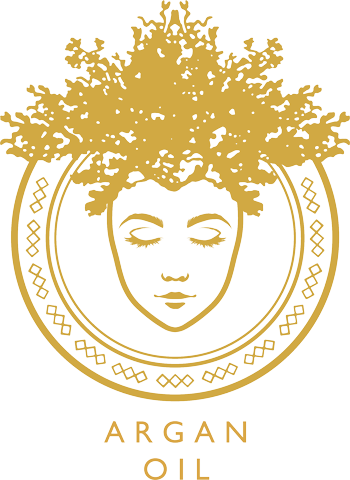How much do you value a handiwork?
 After reading this article you will understand why it is better to avoid cheap Argan oil offers on the market.
After reading this article you will understand why it is better to avoid cheap Argan oil offers on the market.
When it comes to comparing the Argan oil prices, you may find a significant difference in the market. In this article I will discuss why expectation of getting good quality Argan oil for a cheap price is rather naïve than realistic.
It all starts with a single Moroccan tree – Argania Spinosa. These trees grow in a particular area of Sous Valley of southwestern Morocco. Even though there have been initiatives of Argan tree plantation in such countries as Tunis, Spain and Israel, the results were not successful. Argan tree requires extremely dry and salty soil to mature the fruits, which is specific only to the narrow territory of Morocco, between Essaoira and Agadir.
Having that in mind, I naturally raise a question, whether one country is enough to supply the whole world with Argan oil. If the concerned matter was of olive tree, I would probably agree to this possibility – it is not a picky tree successfully grown in Spain, Italy and Greece, which manage to provide the whole world with olive oil. However, when it comes to Argan oil, which grows only in one country and is harvested only once a year, I could not easily agree on such matter.
Argania Spinosa blossoms in April; fruits are 2-4cm long and have a thick green skin. The Argan fruits ripe between June and July, which is when families and communities gather for annual fruit picking, using special tools or bare hands. After the dried fruits become hard and dark brown, they are ready to be pressed to oil. In this labor-intensive process each nut needs to be cracked by hand with a heavy stone to reach its actual kernel. The kernels then are manually milled with traditionally used millstone or automatic press to obtain a dense consistency liquid. After being carefully strained off and hand-pressed, the extract turns to pure and aromatic Argan oil. It is important to mention though, that since the oil is not being heated, it remains clean and uncontaminated. The experts agree that unheated oil maintains healthy nutrients better than the oil processed in a press machine. To conclude, the authenticity of pure oil is attained only when the production process is performed by hands.
Although Morocco is particularly rich in naturally grown spices and agriculture, its main export remains Argan oil, which significantly supports the local education and health systems. As international export increases, many countries find interest in the oil market and ways how to make the production process considerably cheaper. The modern press machines allowed reducing the manufacture costs at the sacrifice of oil quality. In short, a deodorization and heating process eliminates the natural scent of oil, while extending its expiration date, which automatically lowers a selling price of the product. However, this unravels just one side of the industrial invasion. According to statistics, in 2006 the foreign investors owned 16 private press factories, which left the Berber communities with a very low profit.
Having a sense of moral and social responsibility, I choose to not sacrifice quality over cheaper manufacturing costs. The Berber collective remains devoted to the traditional method of oil production, which makes it the most reliable source of Argan oil. Our farm is dedicated to maintain a high manufacturing standard and social support for the twenty home farms of Berber women. Also, we make sure that every batch of oil is approved and certificated by European organization. We are happy to keep a close connection with the Berber community and guarantee them a solid and deserved reward for their hard and skilled work. The contribution to this vital industry of Morocco is important not just to maintain the country’s ownership of Argan oil, but also to share this authentic product with the rest of the world.
Please share this article if you feel that this information can be of great importance to others.
